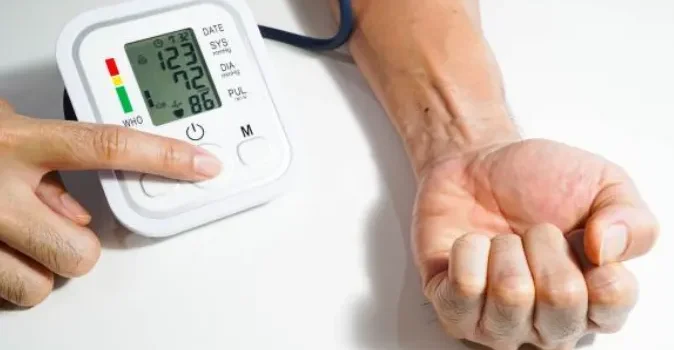Managing high blood pressure is crucial for maintaining heart health, as it often goes unnoticed without symptoms. However, with the right plan tailored to your specific needs, you can successfully control blood pressure and reduce potential risks. Here’s how you can work alongside your doctor to create a personalized blood pressure management plan.
Understanding Blood Pressure Readings
The first step in managing high blood pressure is to understand your blood pressure numbers. Your blood pressure is measured with two numbers. The first, systolic pressure, reflects the pressure in your arteries when your heart beats. The second, diastolic pressure, measures the pressure when your heart is resting between beats.
Normal blood pressure is under 120/80 mmHg, while elevated blood pressure ranges from 120-129/80 mmHg. High blood pressure (hypertension) is diagnosed when it’s 130/80 mmHg or higher over multiple readings. Your doctor will use your blood pressure levels and other factors, such as age and medical history, to establish your target blood pressure goal.
Lifestyle Modifications for Blood Pressure Control
Making healthy lifestyle changes is essential in managing blood pressure. Here’s how you can begin:
Healthy Eating
A diet rich in fruits, vegetables, whole grains, plant-based proteins, and lean sources of animal protein, such as fish and seafood, can help lower blood pressure. Minimize your intake of processed foods, sugary drinks, red and processed meats, and salty foods. Foods rich in potassium, like bananas, sweet potatoes, and spinach, are beneficial for blood pressure regulation.
Physical Activity
Aim for at least 150 minutes of moderate exercise weekly, such as brisk walking, biking, or swimming. Incorporating strength training twice a week can also help improve blood pressure levels.
Maintaining a Healthy Weight
Even a modest weight loss can significantly help lower blood pressure. Consult with your doctor for guidance on setting a healthy weight loss goal and creating a plan that suits your needs.
Alcohol Intake
Excessive alcohol consumption can raise blood pressure. Limit alcohol to no more than one drink per day for women and two for men.
Quit Smoking
Nicotine in cigarettes causes temporary spikes in blood pressure. Giving up smoking will greatly benefit your heart health and overall well-being.
Prioritize Restful Sleep
Consistently poor sleep can negatively impact blood pressure. Aim for 7-9 hours of sleep each night and establish a regular sleep schedule to improve sleep quality.
Stress Management
Chronic stress is linked to elevated blood pressure. Consider incorporating relaxation techniques like yoga, meditation, deep breathing, or spending time with supportive friends and family.
Medications for Blood Pressure Management
Sometimes, lifestyle changes alone may not suffice, and medication may be required to control blood pressure. There are several types of medications that help regulate blood pressure by relaxing blood vessels, decreasing blood volume, or reducing nerve signals that can raise blood pressure.
Your doctor will consider factors such as your medical history, current health conditions, and how your body responds to medications to find the best treatment plan. Always take medications as prescribed, and consult your doctor before stopping or adjusting any medication.
Monitoring Blood Pressure at Home
Tracking your blood pressure at home can provide valuable insight into how well your treatment plan is working. Your doctor may recommend using an arm cuff monitor for accurate readings.
Initially, you may need to monitor your blood pressure daily, and once it stabilizes, you can measure it a few times a week. Keeping a log of your readings, lifestyle changes, and any symptoms you experience can help your doctor determine if any adjustments are needed.
Additional Tests for Heart Health
Besides blood pressure readings, your doctor may order tests to further assess your risk for cardiovascular disease and check for other conditions contributing to high blood pressure. These tests may include:
- Blood tests to evaluate cholesterol, blood sugar, and kidney function
- Urine tests to check for signs of kidney disease
- An EKG to measure your heart’s electrical activity
- An echocardiogram to examine heart structures
Your doctor will use these results, along with your medical history and family health background, to create a comprehensive treatment plan.
Collaborating with Your Doctor
Successfully managing high blood pressure requires an ongoing partnership with your healthcare provider. Make the most of your visits by:
- Keeping a log of your blood pressure readings and any concerns
- Discussing challenges with medication, lifestyle changes, or side effects
- Asking about next steps for testing, adjustments, or changes in your plan
- Ensuring you have a clear understanding of your blood pressure goals
By staying proactive, optimistic, and committed to making small but consistent changes, you can significantly improve your blood pressure and overall health. Over time, these changes will lead to lasting improvements in your heart health.











